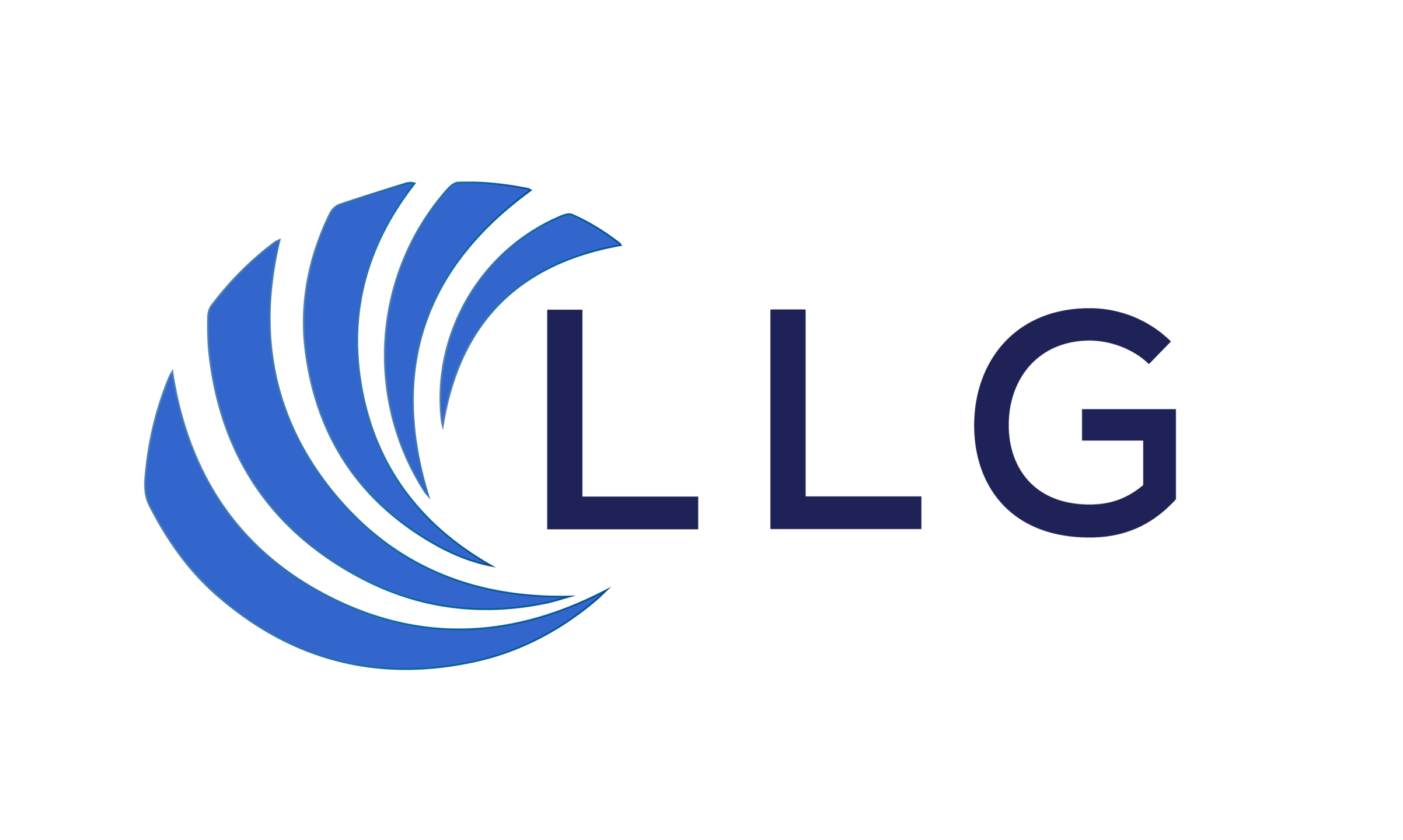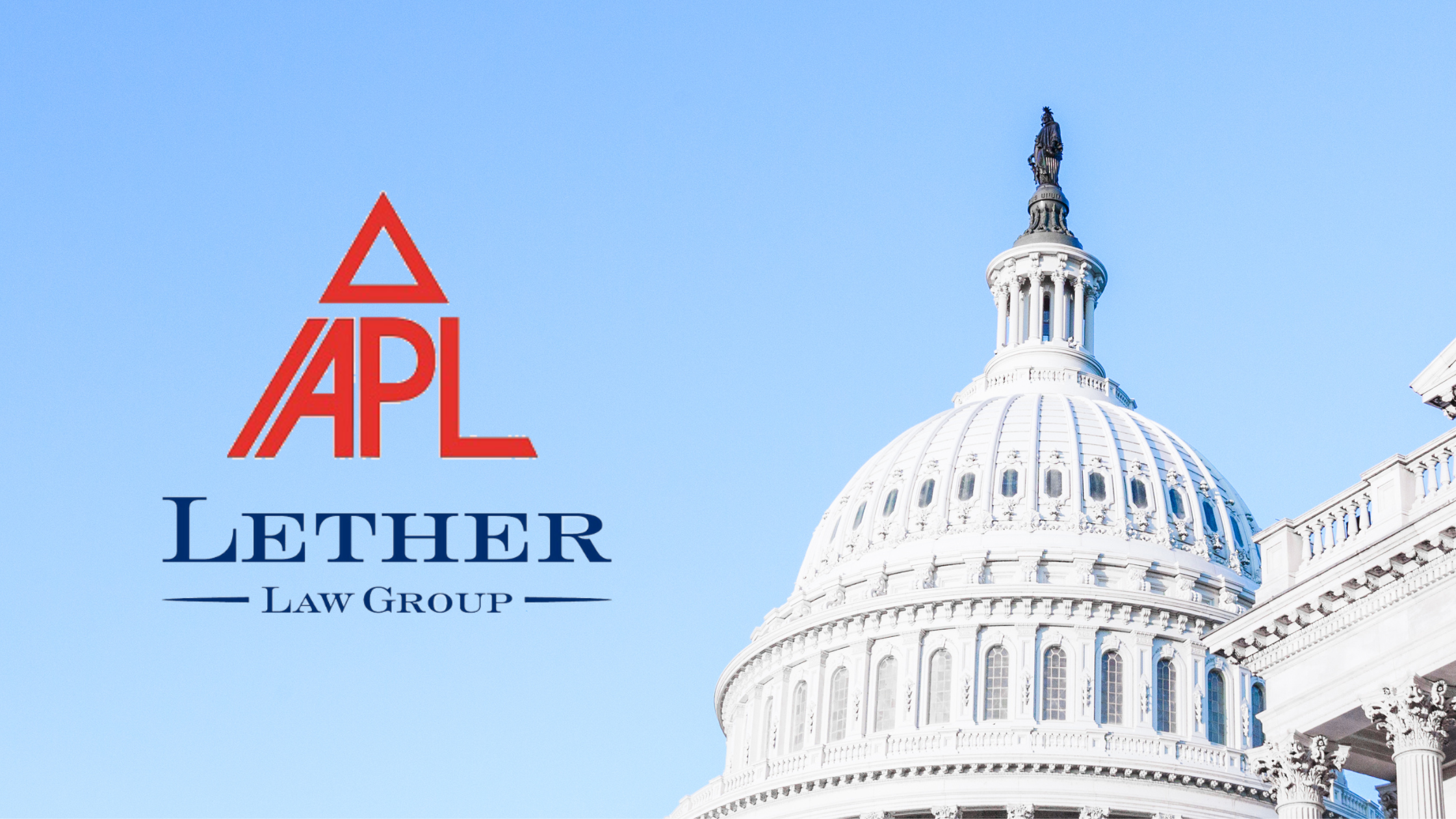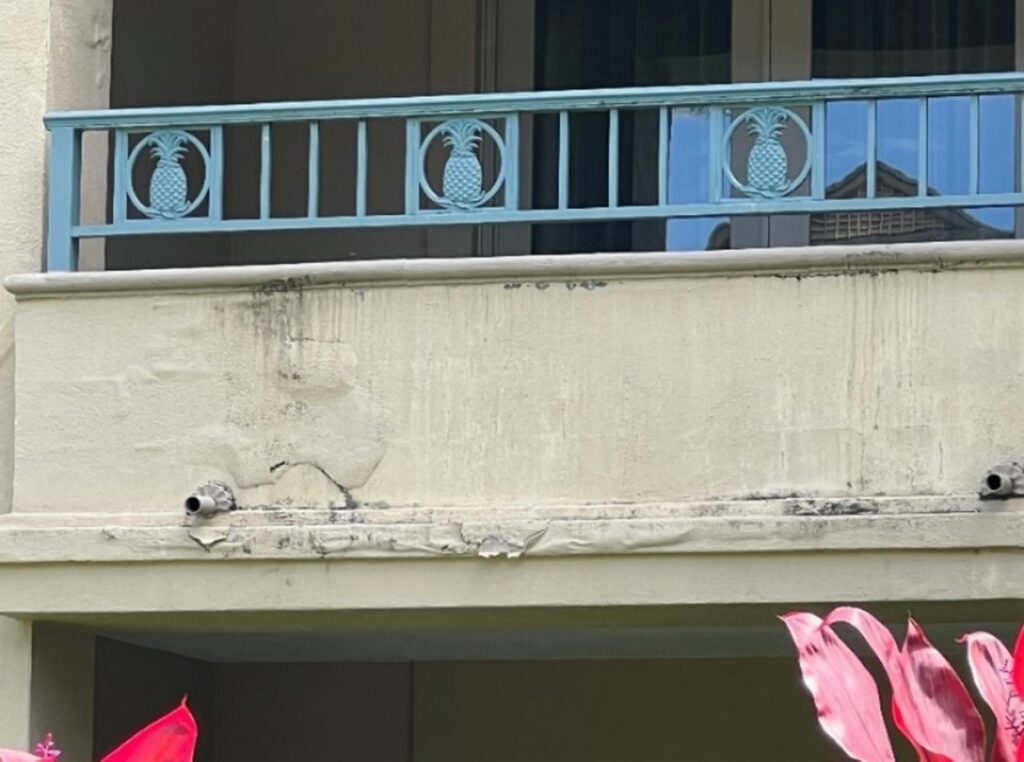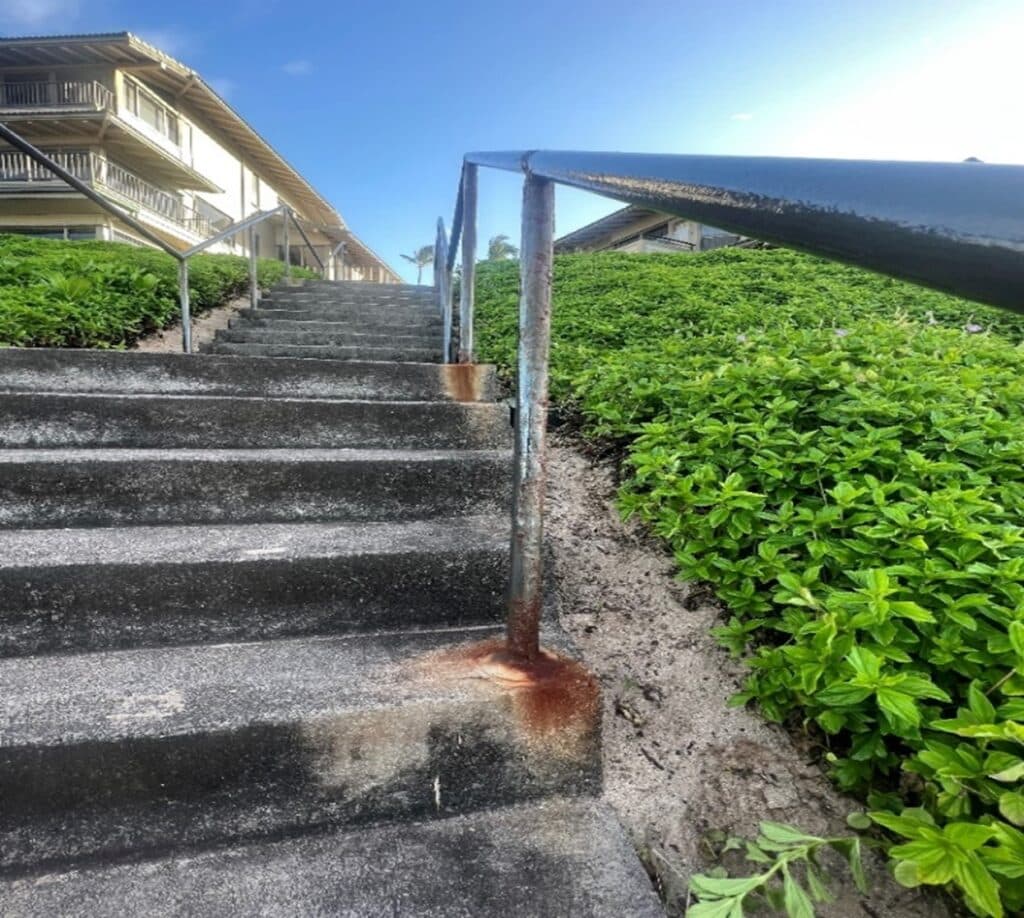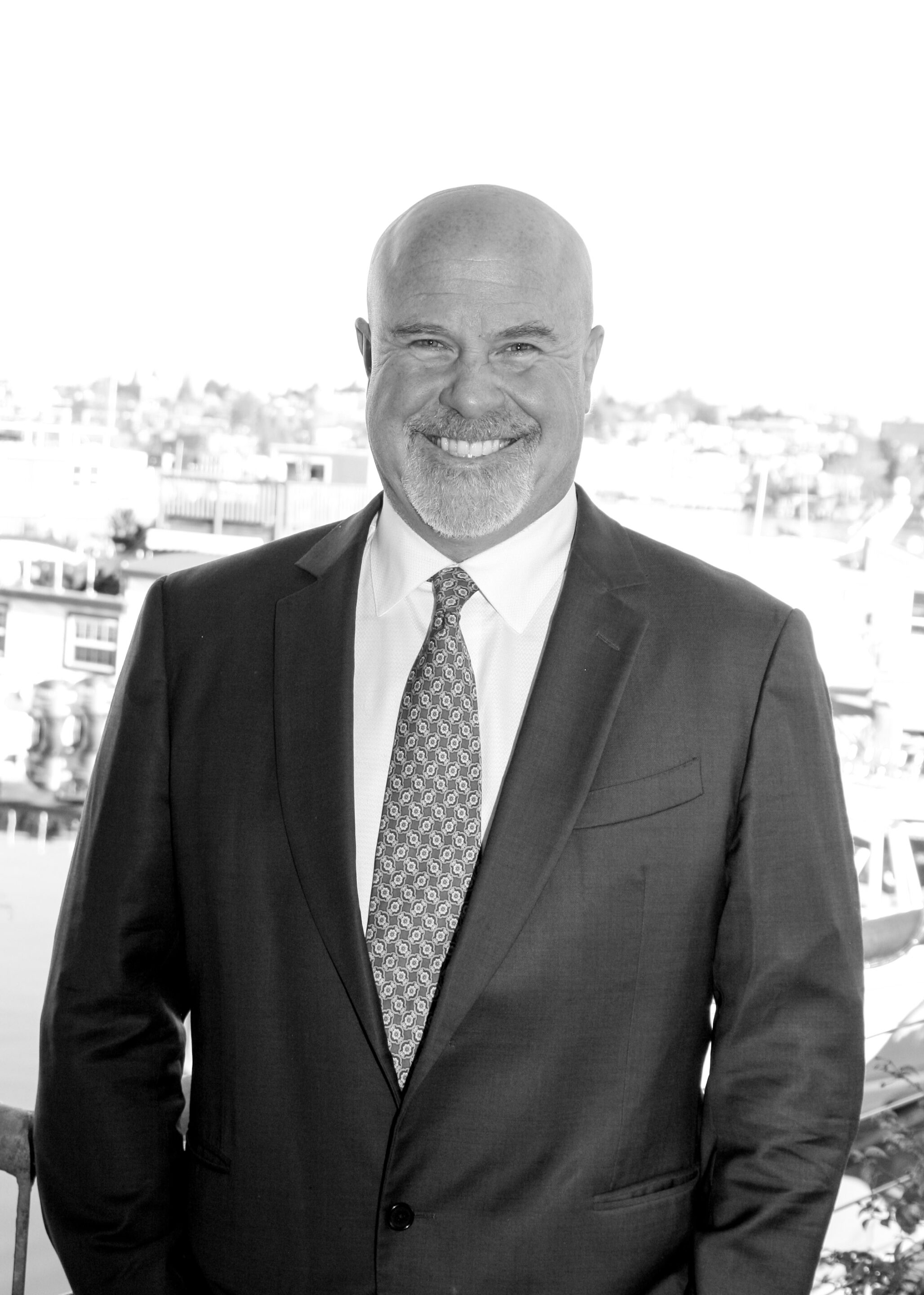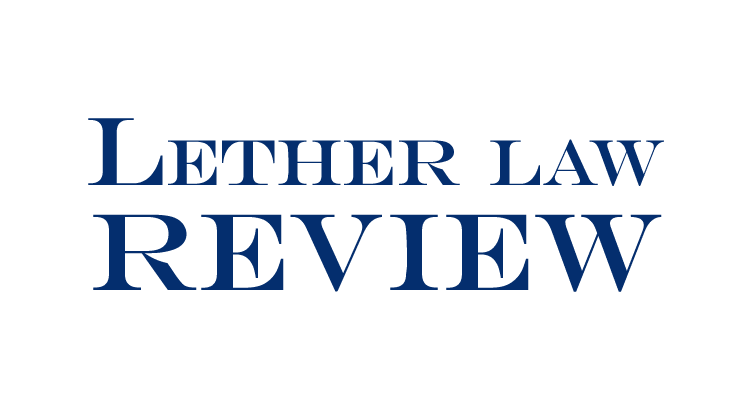Wintertime Property Claims
It is the Season. Not just for the Holidays but also for winter storm property damage claims.
The volume of commercial and homeowner property claims typically increase during the winter months. This is due in large part to winter weather conditions. The typical types of winter claims include:
Frozen Pipe Claims: Exposed pipes will freeze. These types of claims trigger language in almost all property policies, including coverage and exclusions involving claims arising from the sudden accidental failure of plumbing systems due to freeze conditions. Typically, the policy language requires the building owner to take precautions to drain water lines or prevent against such freezing in order to have coverage.
Storm Drain Backup Claims: Heavy rains or snow melt can lead to storm drain back ups and flooding. These claims are typically covered but may be subject to a specific and lower policy limit.
Wind Driven Rain Claims: Particularly for those who live in the Northwest, we are used to heavy periods of rainfall often accompanied by strong wind conditions. A typical wind-driven rain claim may involve sudden and accidental leakage into a building as well as long-term water and decay damage. In Washington, wind-driven rain claims may be covered in the absence of weather exclusionary language.
Wind Claims: Winter storms usually bring high wind conditions. This can result in the failure of power utilities, downed trees, roof damage, etc. Depending on the policy language, these types of claims are typically covered.
Landslides: Heavy rainfall and wind conditions can contribute to saturated soils. This often results in landslides, particularly in the Northwest. Landslide events are typically excluded from coverage unless landslide coverage is expressly provided for.
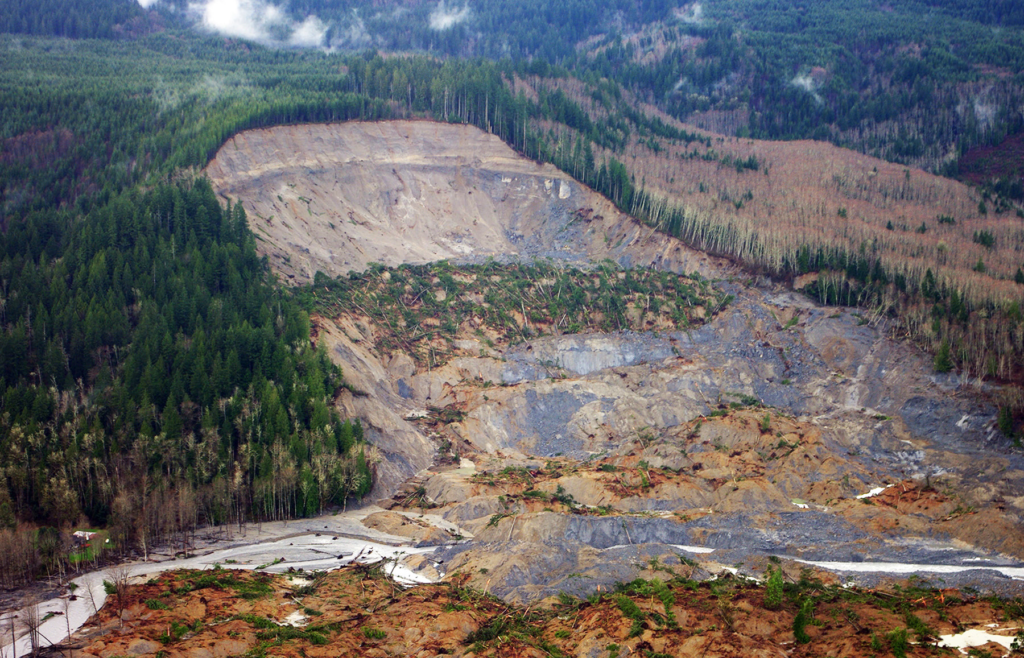
Flood Claims: Heavy rainfall and snowmelt can lead to both river and tidal flooding. In addition to river overflow, strong King tides can result in oceanic saltwater flooding from tidal bodies of water. In the absence of express flood coverage, most surface water and floodwater claims are excluded from coverage. If a building owner has flood insurance, that insurance is typically paid by an insurer through the Federal Emergency Management Agency (FEMA) under the National Flood Act. There are severe restrictions on what is allowed to be recovered under the National Flood Insurance Act. For example, in a FEMA flood claim, there is no right to policy appraisal, no right to trial by jury, and no recovery of extra contractual or bad faith claims.
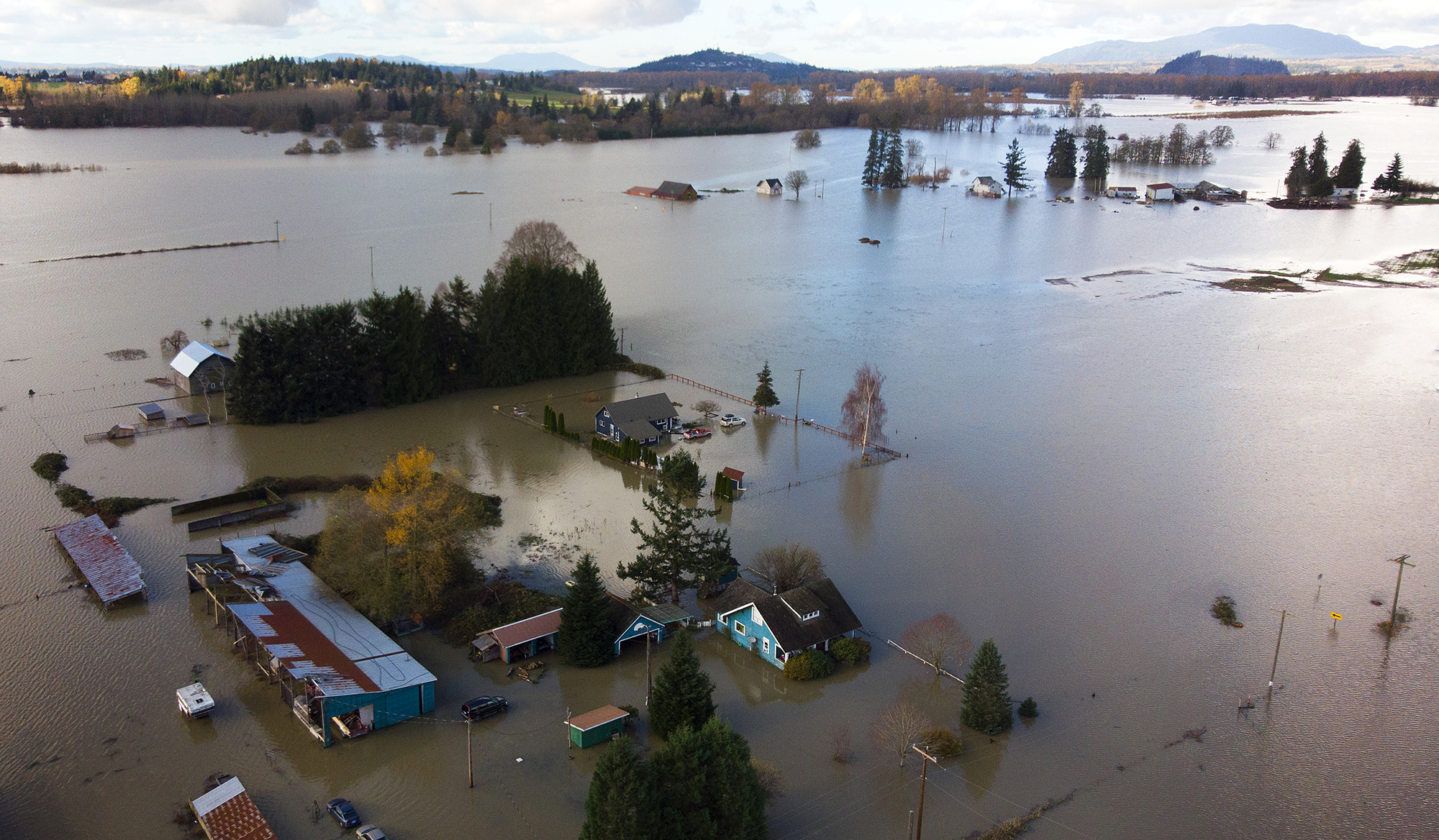
Once again, every policy is different. However, those building owners who are confronted with severe winter weather should review their policies and understand what is and what is not covered.
Lether Law Group has handled winter storm-related claims throughout the Northwest. This includes major catastrophes such as the Oso landslide, the Skagit River valley flooding, the Kingston and Perkins Lane landslide losses, and thousands of water intrusion and wind-driven rain type claims. Tom Lether has been directly involved as counsel retained through FEMA to litigate claims involving flood losses under the National Flood Insurance Act.
If you have questions in regard to winter storm damage claims, please feel free to info@letherlaw.com or (206) 467-5444.
